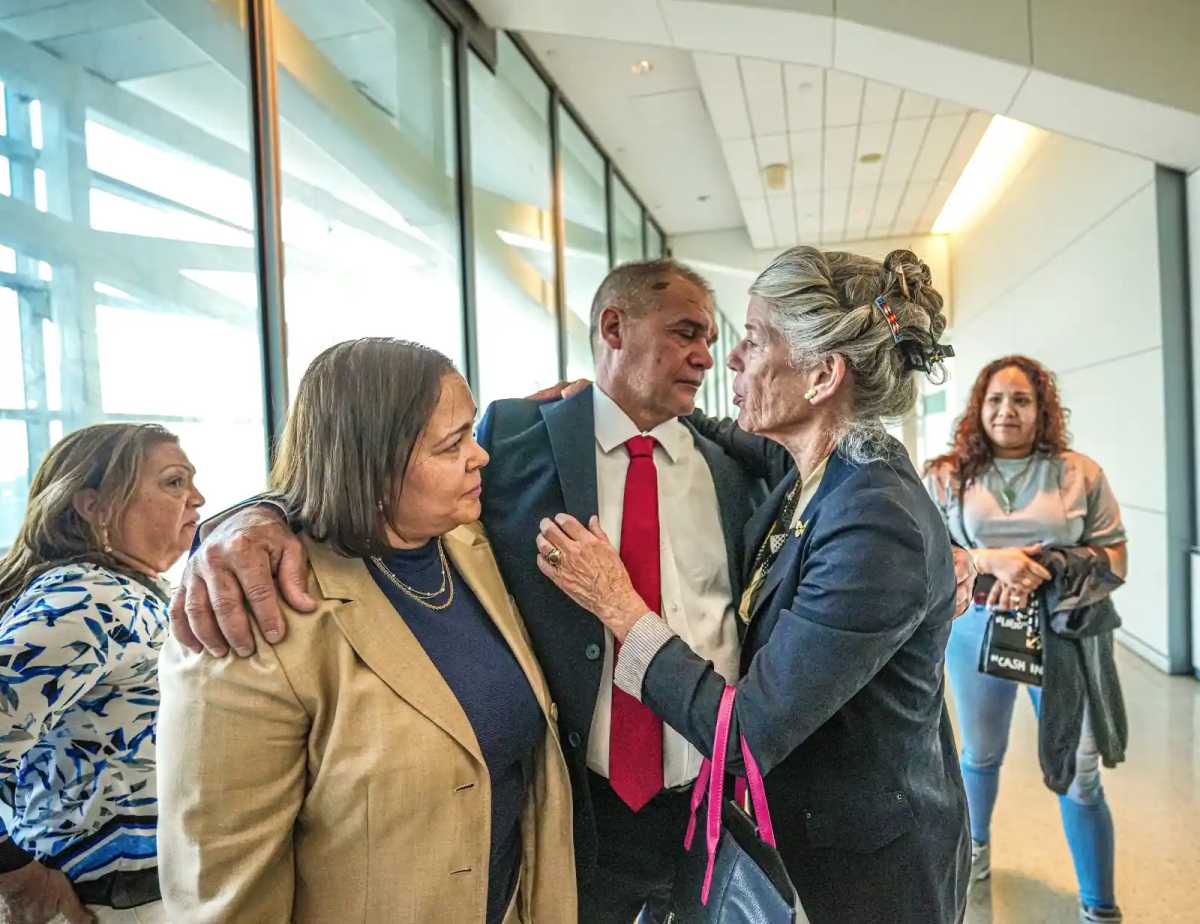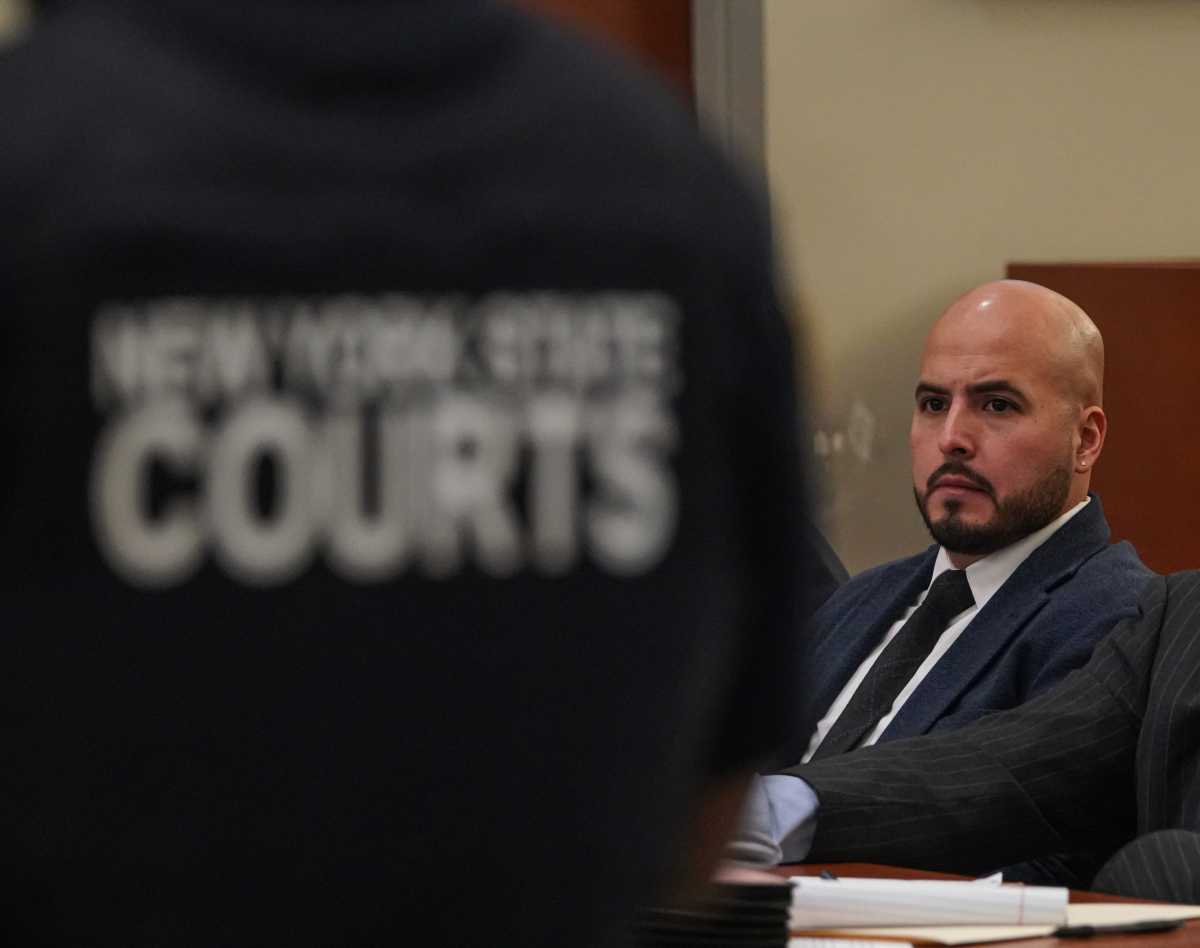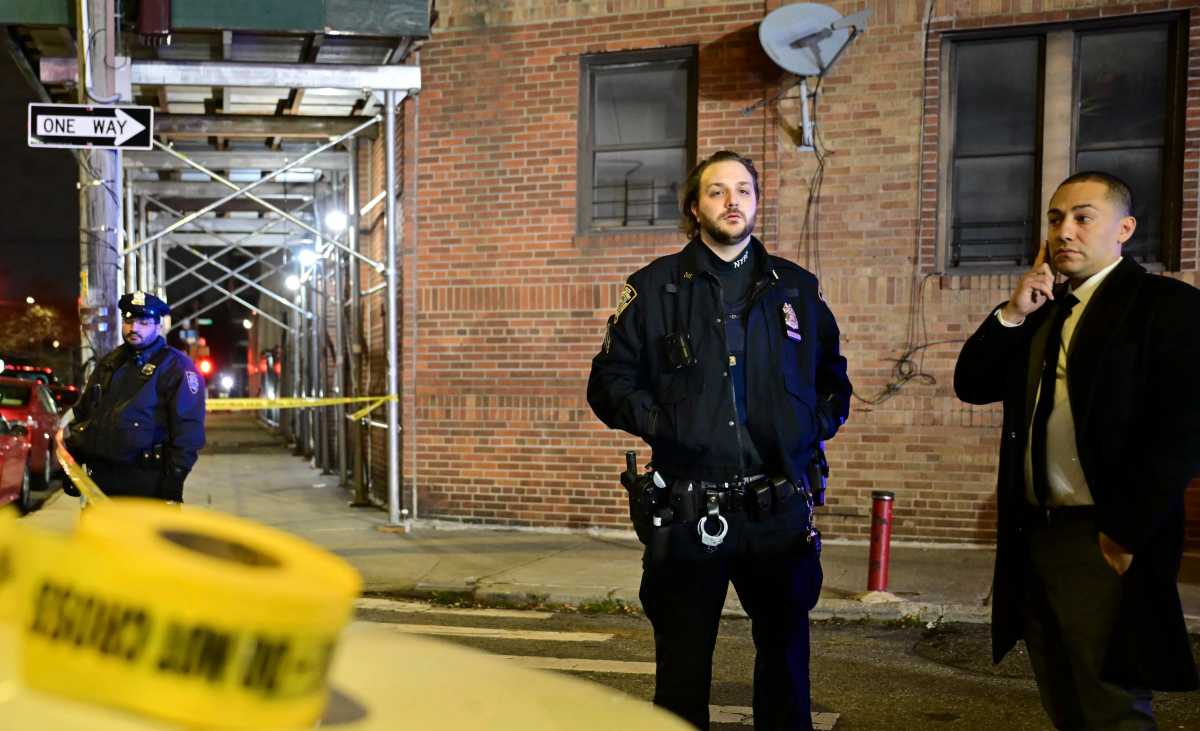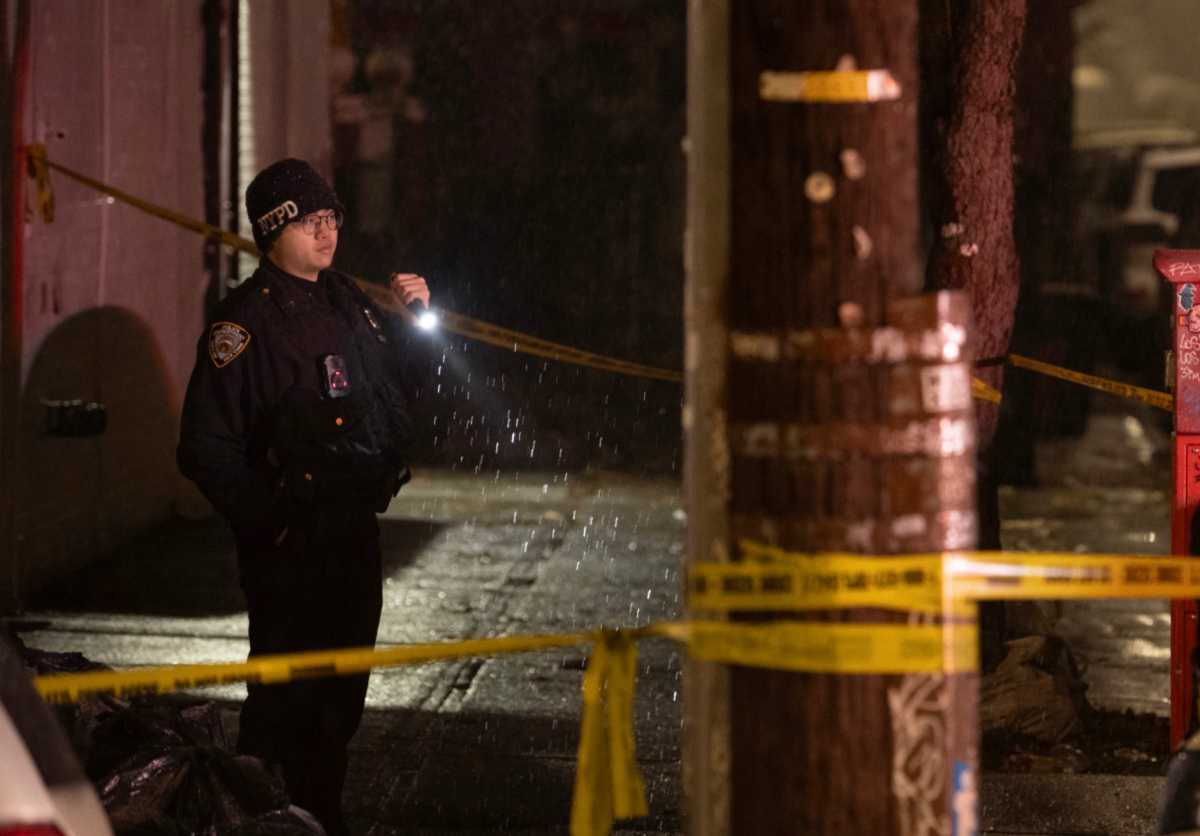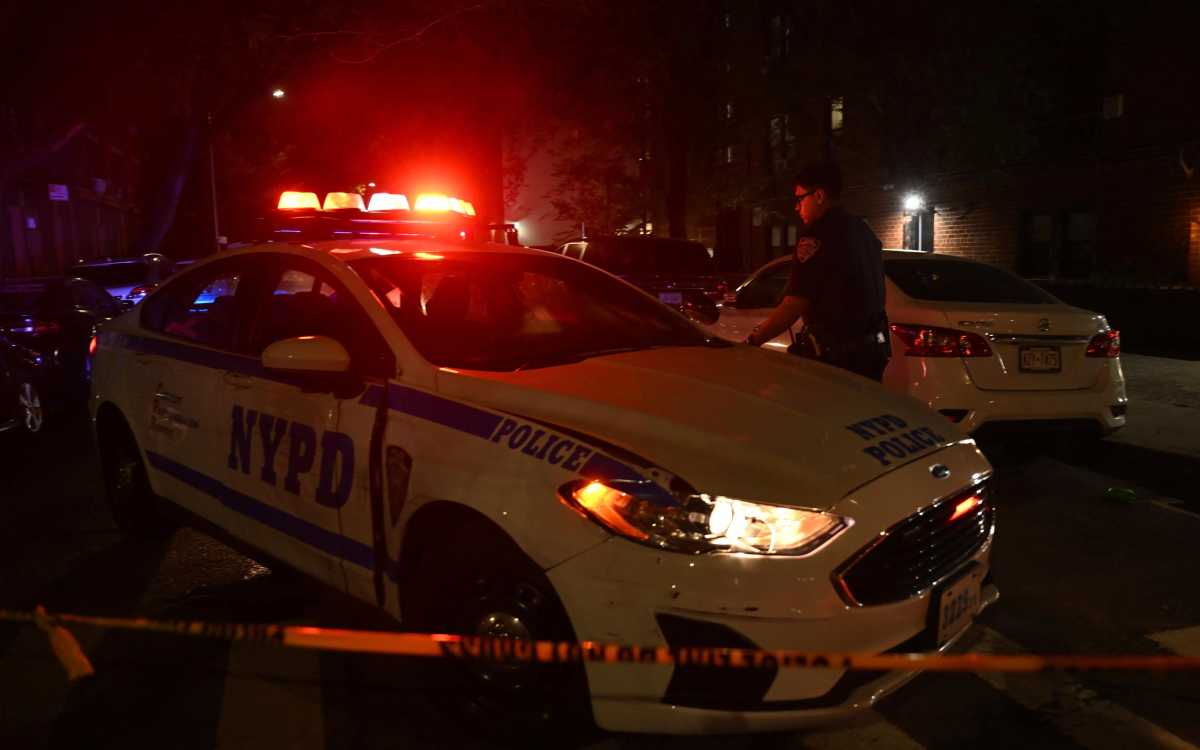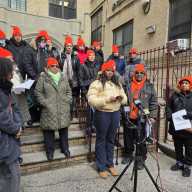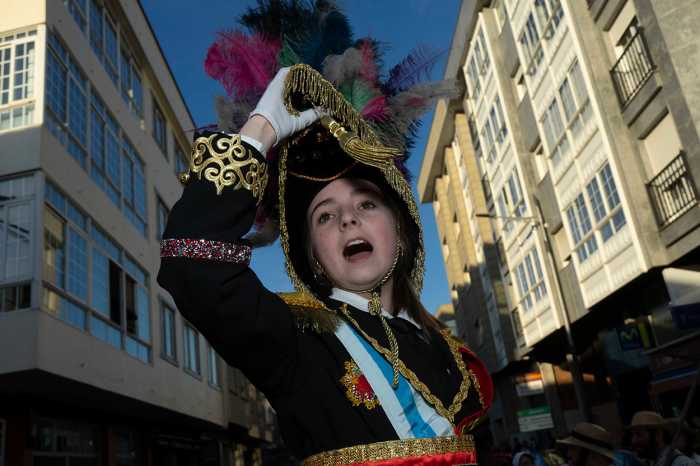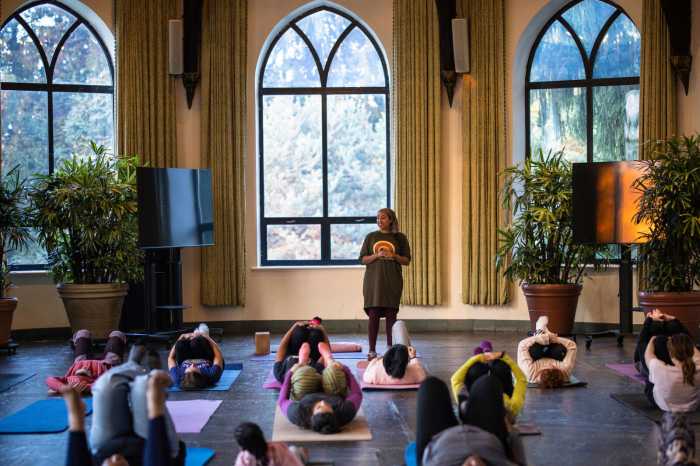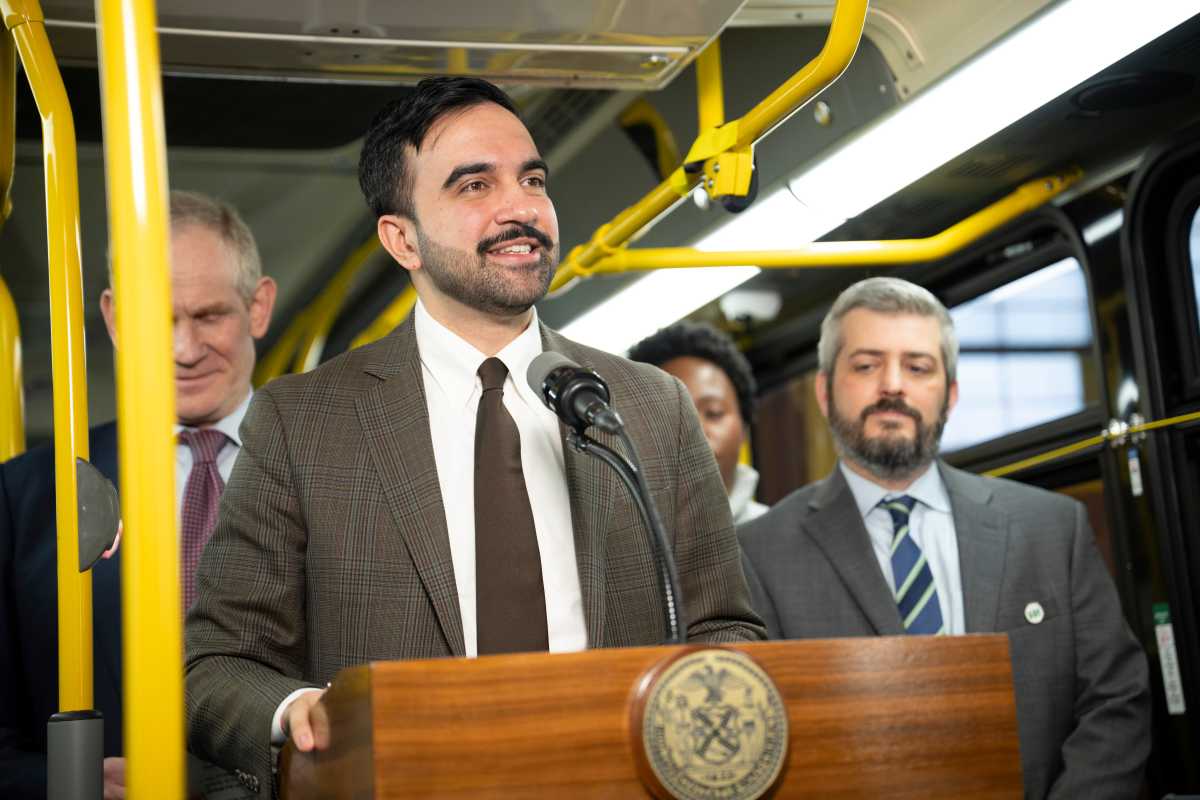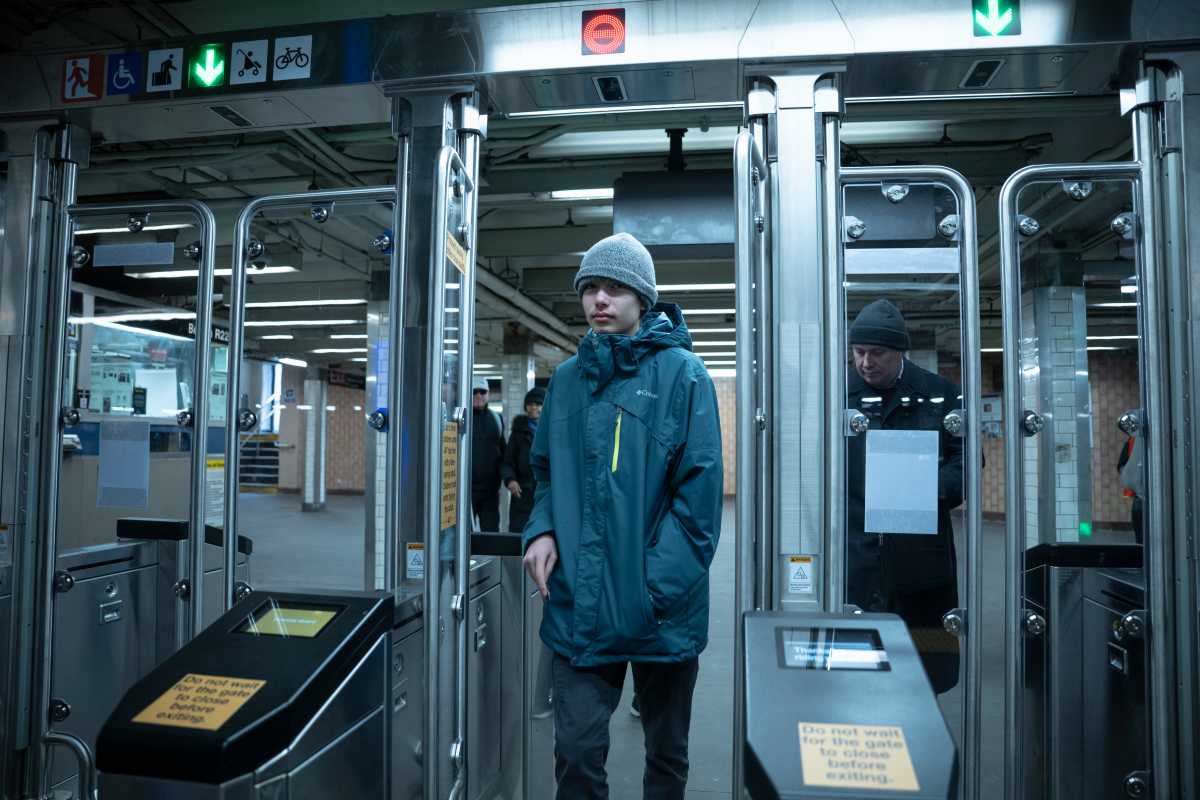Eduardo Caba was supposed to finally have a moment of salvation in a Bronx court on Monday afternoon following a three-decade legal battle over a crime he says he didn’t commit — an argument that convinced prosecutors to seek his exoneration.
But the proceeding turned into a nightmare for Caba when the presiding judge in the case refused to dismiss the conviction, arguing that it would set a precedent to undo scores of other convictions.
Caba, 63, wept as he held his mother and siblings in the hallway of Bronx Supreme Court, believing he was about to be exonerated for a crime his family, his legal team, and now the Bronx District Attorney’s office say he did not commit.
The crime in question happened on Dec. 3, 1995, when a group of armed men burst into the apartment of a 44-year-old woman living at 100 East Mosholu Pkwy. and forced her to open a safe before making off with $10,000 worth of jewelry.
According to Caba’s lawyer, Adele Bernhard, one of the men wanted for the crime was described as wearing a light-colored jacket. In the line-up photo in which the victim fingered Caba, all men wore dark-colored jackets except Caba, who wore a trench coat.
However, Bernhard said all men were forced to wear blankets in line, making it impossible to recognize it as a long coat and not a jacket.
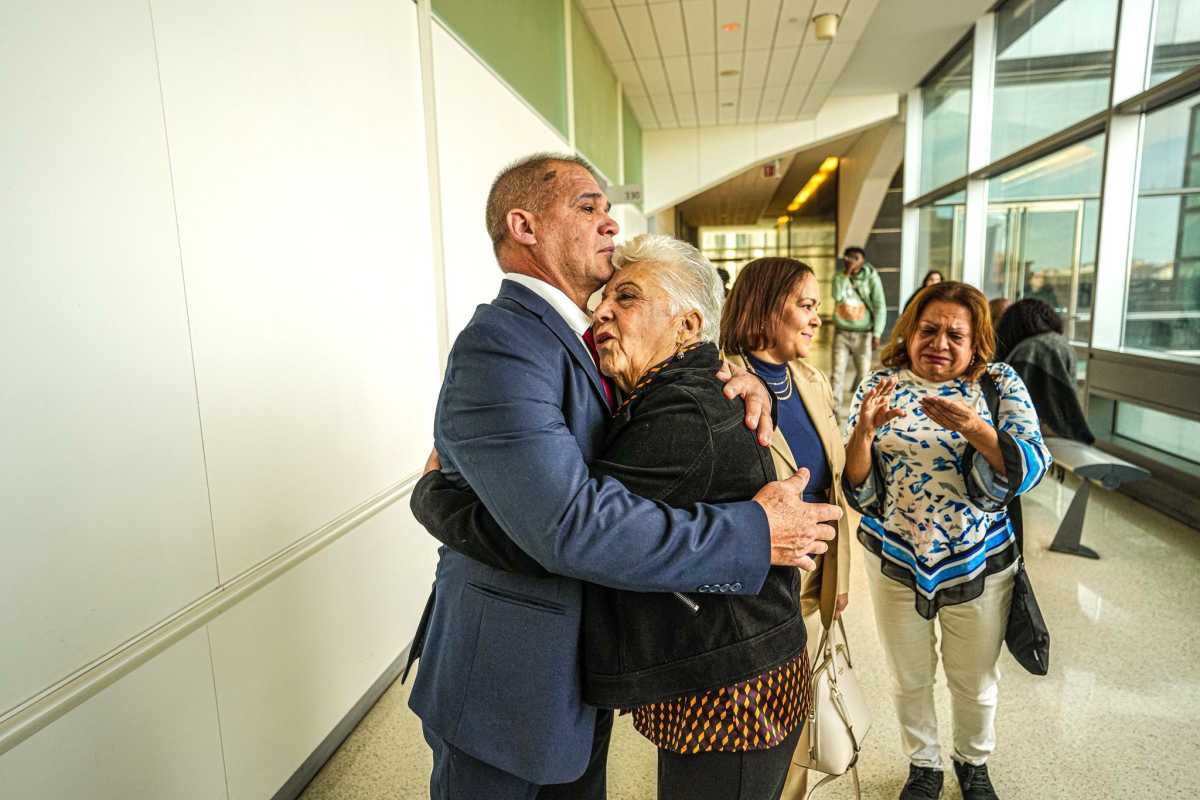
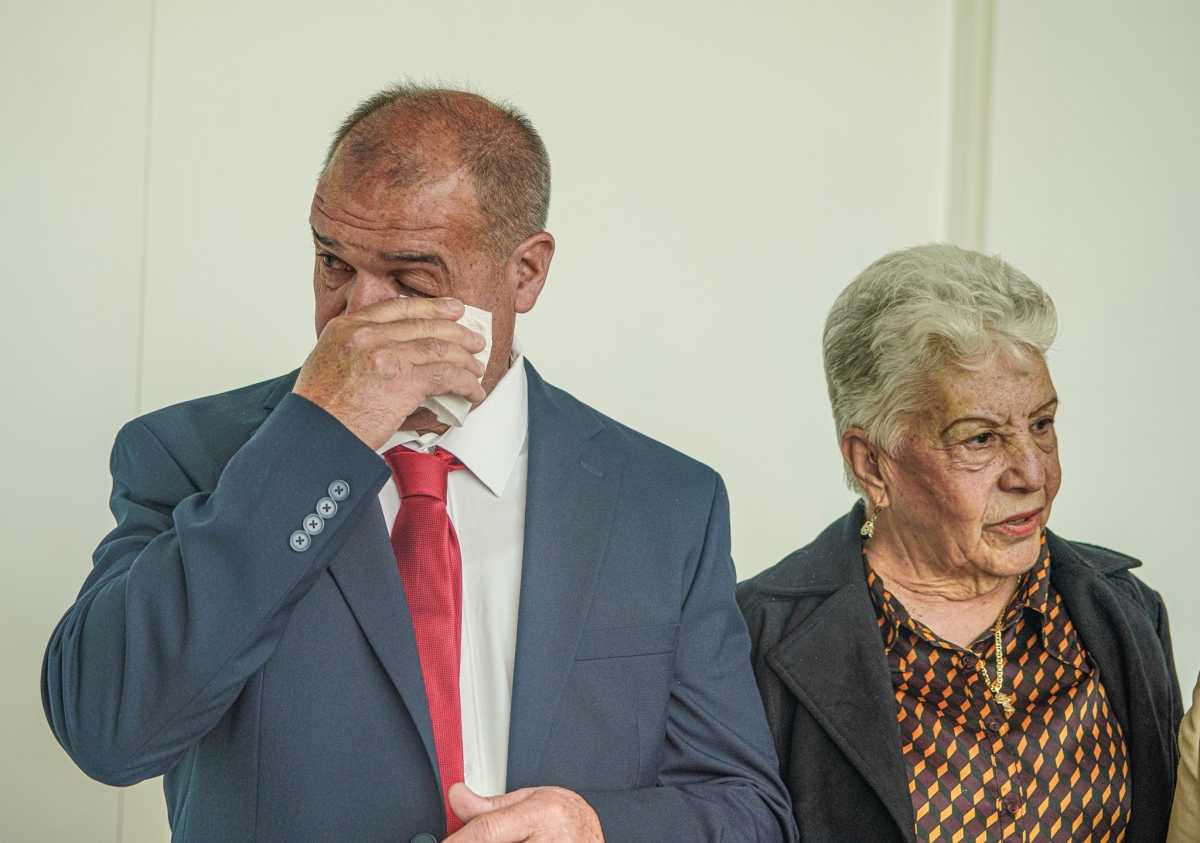
He was sentenced to a term of 15 years’ imprisonment, of which he served approximately 13 years. He was released to post-release supervision on Sept 23, 2010. At the time of his arrest, he owned a Bronx supermarket, now he works a dishwasher out of state.
Dressed in a blue suit and red tie and surrounded by dozens of family members who wept with joy, Caba believed he was about to be exonerated, thanks to the DA’s office agreeing that the original jury was not informed of all the evidence.
Believing that Caba was an exonerated man and all that was left was to make it official, all parties were left stunned when Judge Alvin Yearwood refused the motion to exonerate him.
“I’m not inclined to sign the order,” Judge Yearwood said, indicating that if he did, the floodgates of other appeals would open, as believed a decision to throw Caba’s case out could set a precedent to overturn other criminal cases.
A stunned hush flooded over the courtroom, Bernhard’s mouth hung agape in shock, and Caba fought back tears at the defendant’s desk.
Bernhard herself argued that in his original trial, eyewitnesses who could have proved Caba was not at the scene were never called upon. Still, Yearwood insisted that the conviction be upheld on precedent.
“You’re saying a jury of 12 citizens didn’t know any better?” Judge Yearwood scoffed. “That is selling the people of the Bronx short.”
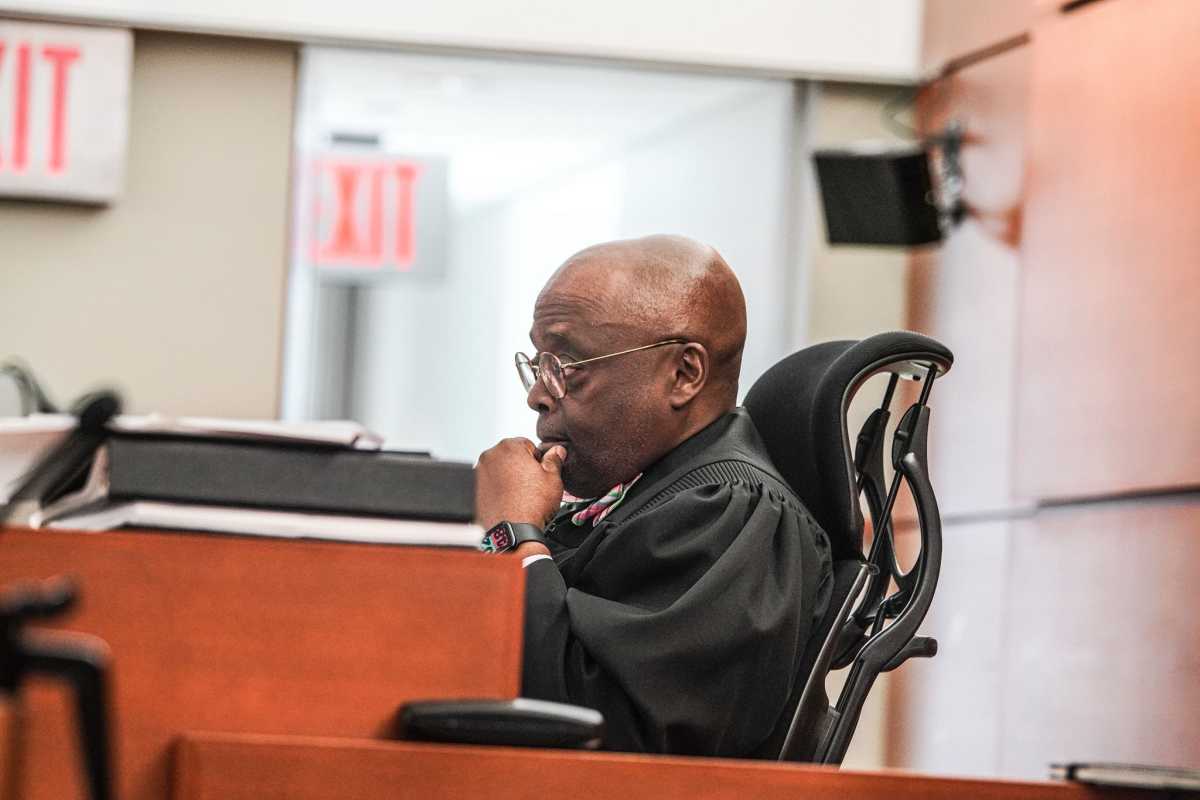
Caba staggered from the courtroom, one hand resting on his face and another clasping his face.“I’m sad,” Caba muttered.
Meanwhile, the family canceled dinner reservations for what was meant to be a celebratory occasion.
“Nobody wants to take responsibility for this. Look at the person here, the family here. Look at the life here,” Bernhard said. “He [the judge] was thinking of other people, of other cases, not the man in front of him.”
The Caba family pledged to continue the fight to have his name cleared. The Bronx DA’s office also issued a statement, stating that they laid the facts bare.
“Today, the office consented to a motion to vacate a conviction based on an unreliable identification of a defendant and requested that the court dismiss the indictment. We laid bare the facts and reasoning behind the decision to consent to the motion. The court declined to vacate the conviction and asked the People to file a written response to the defense motion. The people agreed to file a formal response as the court requested,” the statement read.

